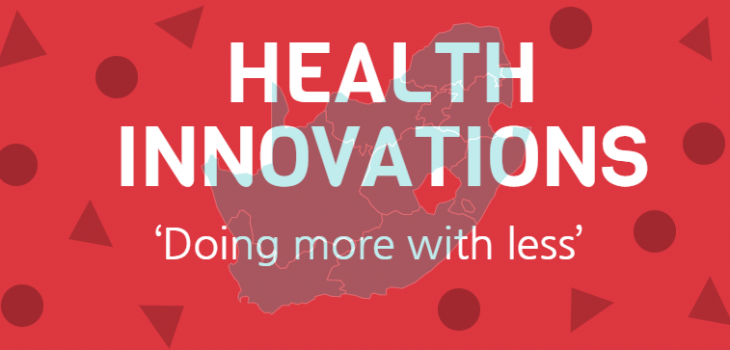By: Carrie-Brooke Sumner (Alcohol, Tobacco and Other Drug Research Unit, South African Medical Research Council & University of Cape Town)
Health systems under pressure
If you work in a health system or health systems research, you’re no stranger to messages about budget cuts, the need for efficiencies, ‘working smarter’ and building resilience. In South Africa we have a strong culture of health personnel committed to the idea of ‘nation building’, playing their role in serving their communities in the post-apartheid era. This is being eroded by facilities in need of upgrading, migration of health professionals, and an increasing local and migrant population accessing primary health services. We understand then the need for innovations that can enable ‘working smarter’, for example by reducing patient visits and improving chronic medication adherence. We need to ask ourselves as researchers and policymakers, what is realistic for us to expect from frontline providers in the conditions they work under? Is it possible to ‘do more with less’, or do you get what you pay for?
Innovation in a climate of resource constraint
This question has been pressing for investigators on the Project MIND cluster randomized trial conducted in the Western Cape Province of South Africa. The trial is testing ways of integrating brief (4 session, lay worker-delivered) counselling for depression and risky alcohol use into primary care facilities. We have worked closely with health facility staff to integrate this complex intervention into their services. In building these relationships it has become increasingly evident the vital role managers play in keeping facilities functioning and in bringing in new services in their challenging daily work environment. We interviewed 28 managers from our sites, talking about their experiences of introducing health innovations. They recognized many constraints to innovation adoption at the individual staff level (e.g. personalities resistant to change), the health system level (e.g. workload, pace and frequency of changes) that resonate with findings from researchers in health innovation from other settings. A clear polarity emerged with some managers believing it is an unrealistic expectation to ‘do more with less’ to bring in innovations, creating an untenable situation for health staff and compromising the service provided to patients. Others saw the potential for working creatively and making changes within their scope of influence. Despite this polarisation, this study highlighted the personal strengths of managers, with all but one remaining convinced of their ability to rise to the challenges they face daily. These managers draw on participatory management strategies, they use a variety of ways for ensuring good communication among their staff and they recognize the need to engage the community around them in planning for services of the facility. Managers also recognize their strengths in role modelling positive attitudes, understanding staff personalities, and influencing perceptions of innovations, influencing organizational climate and building trusting relationships.
How can we build health system resilience?
We have developed a framework of managerial competencies that could empower managers to effectively introduce service innovations in their facilities. At this point in South Africa, our reality is that we must do more with less. How can we equip managers with skills and coping strategies to deal with their complex working context? We will be using our competency framework to co-develop with managers a short, feasible, intervention to help mentor and support managers through the process of bringing an innovation to their facilities and building towards sustained implementation. There are potentially large gains from investing in strengthening the capacity of managers in embedding service innovations into routine practice, in South Africa, and beyond.
Access the full paper in Health Policy and Planning here.











